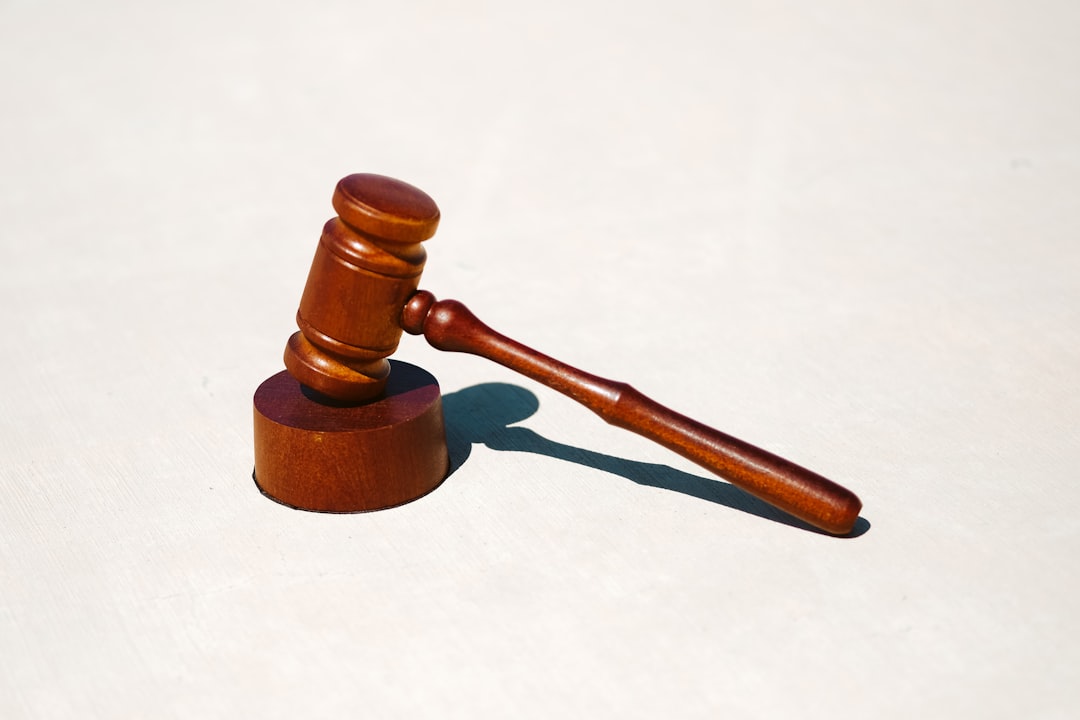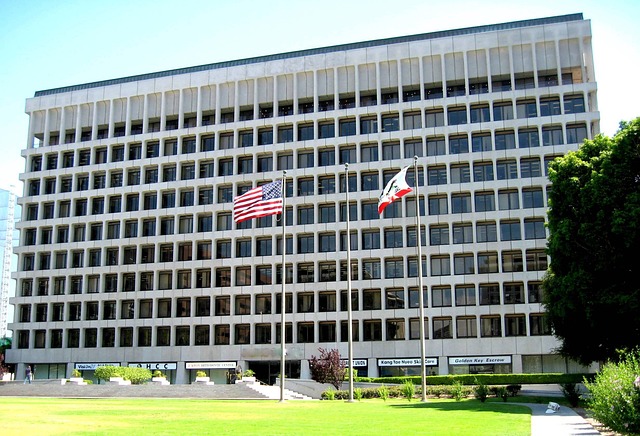The Federal Trade Commission (FTC) plays a crucial role in California's massage spa industry, ensuring consumer protection and fair competition through federal law enforcement. Their focus on preventing and addressing massage sexual assault is vital, especially in Los Angeles' bustling wellness market. The FTC's guidelines, coupled with the support of local massage sexual assault lawyers, protect consumers, hold businesses accountable, and foster a safer environment for therapeutic services, while severe legal consequences await spas involved in such exploitation.
In California, the Federal Trade Commission (FTC) plays a pivotal role in regulating massage spas, particularly in addressing pressing issues like massage sexual assault. This article delves into the FTC’s jurisdiction and authority in the Golden State, highlighting its efforts to protect consumers. We explore the specific focus on Los Angeles’ bustling massage industry, the legal implications for spas under FTC guidance, and essential resources available for victims of massage sexual assault. Understanding the FTC’s role is crucial for both businesses and those seeking legal recourse in cases involving Los Angeles massage therapists.
The FTC's Jurisdiction and Authority in California

The Federal Trade Commission (FTC) wields significant authority in regulating business practices across the United States, including California’s massage spa industry. Its jurisdiction covers a wide range of activities, ensuring consumer protection and fair competition. In the context of Los Angeles CA, massage sexual assault lawyers often refer to the FTC’s role in maintaining standards that safeguard clients from exploitative or unethical practices within massage establishments.
The FTC has the power to investigate and enforce compliance with federal laws related to advertising, marketing, and unfair business acts. This includes analyzing massage spa operations for deceptive advertising, false claims about therapeutic benefits, or any practices that could mislead consumers. By holding businesses accountable under these regulations, the FTC contributes to maintaining a safe and transparent environment for clients seeking relaxation or therapeutic services in Los Angeles CA and beyond.
Protecting Consumers: The FTC's Role in Regulating Massage Spas

The Federal Trade Commission (FTC) plays a vital role in protecting consumers from unfair or deceptive practices, especially in industries like massage spas where consumer trust is paramount. In Los Angeles, CA, with its bustling wellness scene, the FTC’s presence is crucial to ensure that businesses adhere to ethical standards and respect client privacy. The commission monitors and enforces regulations related to advertising claims, pricing transparency, and consent, among other things, to prevent massage spas from engaging in misleading or exploitative behavior.
One of the key aspects of the FTC’s protection is safeguarding consumers from potential sexual assault or harassment within massage spas. By enforcing strict guidelines on professional conduct and consent, the FTC helps establish a safe environment for clients seeking relaxation and wellness services. Massage sexual assault lawyers in Los Angeles CA also play a significant role by advocating for victims’ rights and ensuring that spa owners and employees are held accountable for any misconduct.
Sexual Assault and Massage Businesses: A Focus on LA

In Los Angeles, where the massage industry thrives, it’s crucial to shed light on a critical aspect: sexual assault within massage businesses. The city’s bustling spa scene, often perceived as a haven for relaxation, can unfortunately also hide instances of exploitation and abuse. This is where the Federal Trade Commission (FTC) plays a pivotal role in regulating massage spas, ensuring consumer protection and safety.
The FTC has implemented guidelines and rules to combat sexual harassment and assault in the massage industry. In Los Angeles, with its diverse population and high demand for wellness services, massage sexual assault lawyers have been advocating for stricter enforcement of these regulations. By holding businesses accountable and educating consumers about their rights, the FTC aims to create a safer environment for clients seeking therapeutic services.
Legal Implications for Massage Spas Under FTC Guidance

Under the guidance of the Federal Trade Commission (FTC), massage spas in Los Angeles, CA, must adhere to strict regulations to protect consumers from unfair or deceptive practices. Failure to comply can result in significant legal implications, including fines and potential closure. The FTC’s role is crucial in maintaining a safe and ethical environment for clients seeking relaxation and therapeutic services.
Massage sexual assault cases have been a growing concern, prompting the FTC to enhance its oversight. Spas that engage in or permit such activities face severe consequences, as they violate not only state laws but also federal guidelines aimed at consumer protection. Therefore, Los Angeles massage spas must stay informed about their legal obligations and ensure their practices align with FTC standards to avoid potential lawsuits from victims seeking justice through massage sexual assault lawyers.
Resources and Support for Victims of Massage Sexual Assault

Victims of massage sexual assault in Los Angeles, CA, have resources available to help them navigate their experiences and seek justice. Many organizations offer support services, including counseling, legal aid, and advocacy for those who have been affected by such incidents. These groups often work closely with law enforcement and medical professionals to ensure victims receive the care they need.
For those considering legal action against massage spas involved in sexual assault, experienced massage sexual assault lawyers in Los Angeles can provide crucial guidance. They specialize in navigating complex legal systems and protecting the rights of victims. These attorneys offer a range of services, from filing lawsuits to negotiating settlements, ensuring that justice is served and victims receive fair compensation for their trauma.




